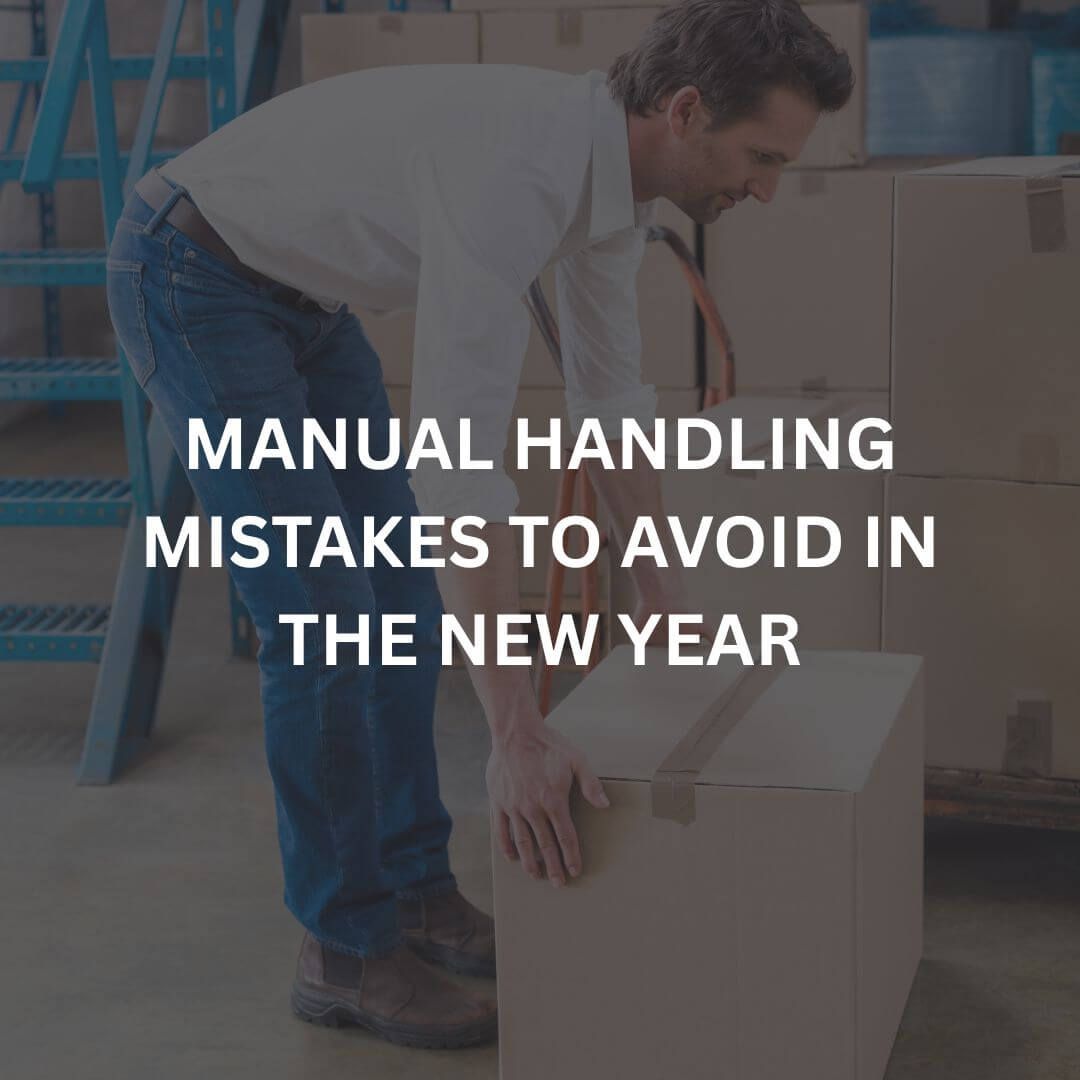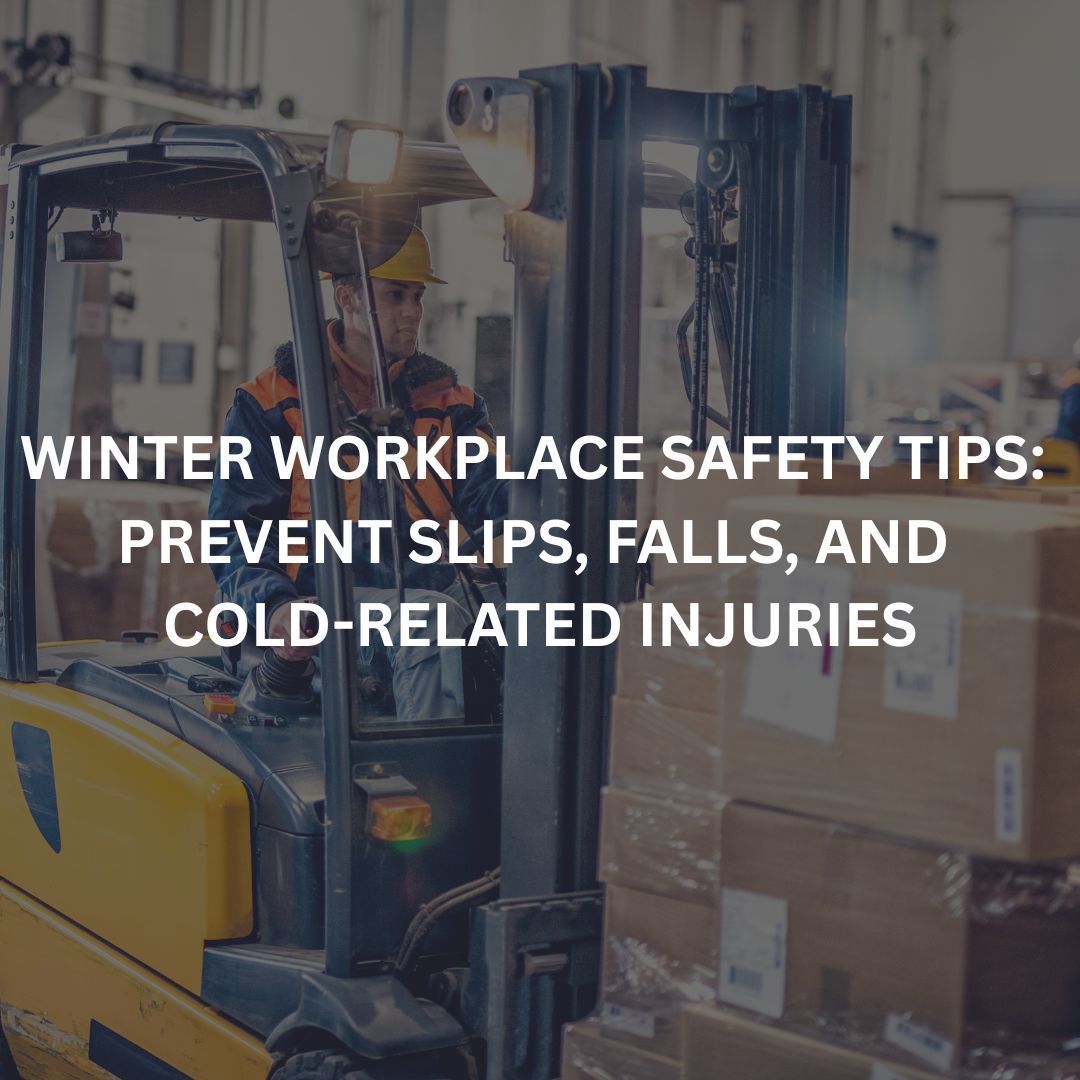Why is Forklift Training Essential For Workplace Safety?
Forklifts play a crucial role in many industries, including warehouses, construction sites, manufacturing plants, and distribution centres. However, without proper forklift training, these machines can pose significant risks to both operators and those working around them. Workplace accidents involving forklifts can lead to serious injuries, legal consequences, and financial losses. Ensuring all forklift operators receive accredited training is not just a legal requirement—it is essential for workplace safety, accident prevention, and operational efficiency.
Legal Requirements for Forklift Training
In the UK, forklift training is governed by several key regulations. These laws place a duty on employers to ensure that all forklift operators are properly trained and competent before using workplace transport equipment.
The Health and Safety Executive (HSE) outlines the necessary training standards in its Approved Code of Practice (ACOP) L117, which states that employers must provide adequate training, supervision, and assessment for all forklift drivers. Training should include formal instruction, practical training, and a final competence assessment.
Additionally, accrediting bodies such as AITT
(Association of Industrial Truck Trainers) set industry-approved training standards. Employers who fail to comply with forklift training requirements risk fines, legal action, and increased workplace accidents.
Preventing Forklift Accidents Through Proper Training
Forklift accidents account for a significant number of workplace injuries each year. According to the British Safety Council,
around 1,300 serious forklift-related injuries occur annually in the UK, many of which could have been prevented with proper forklift operator training. The most common causes of forklift accidents include:
Operator error
– Untrained operators may struggle with load handling, overloading, or improper turning, leading to workplace accidents.
Pedestrian collisions
– Without proper training, forklift drivers may not be aware of safety protocols for working around pedestrians, increasing the risk of workplace injuries.
Forklift tip-overs
– Forklifts have a high centre of gravity, making them susceptible to tipping if handled incorrectly. Proper training helps operators understand load limits and balance.
Load handling issues
– Poorly trained operators may fail to secure or position loads correctly, leading to dropped goods and damage to stock.
By investing in accredited forklift training, businesses can significantly reduce the risk of accidents, ensuring a safer work environment for employees and visitors.
The Benefits of Proper Forklift Training
In addition to reducing the risk of workplace accidents, forklift training offers a range of benefits for businesses and employees:
Increased productivity
– Well-trained forklift operators can perform tasks more efficiently, reducing downtime and improving warehouse operations.
Lower maintenance costs
– Proper handling of forklifts reduces wear and tear, lowering repair and servicing expenses.
Improved workplace morale
– Employees who feel safe and valued are more engaged and motivated at work.
Reduced insurance costs
– A strong safety record can lead to lower insurance premiums for businesses.
Legal compliance
– Meeting forklift training requirements helps businesses avoid fines and legal consequences from regulatory authorities.
Enhanced reputation
– Companies that prioritise workplace safety and training demonstrate professionalism and reliability to clients and employees.
The Importance of Specialist Training:
Investing in forklift training is not just a legal obligation—it is a critical step towards creating a safer, more efficient, and compliant workplace. Proper training ensures that forklift operators have the skills and knowledge required to handle equipment safely, preventing accidents and improving overall business performance.
At Sabretec Training, we provide AITT-accredited
forklift training tailored to businesses of all sizes. Whether you need novice forklift training, refresher courses, or multi-truck training, our expert trainers are here to help. Contact us today
to book your training and ensure your workforce operates safely and efficiently.









